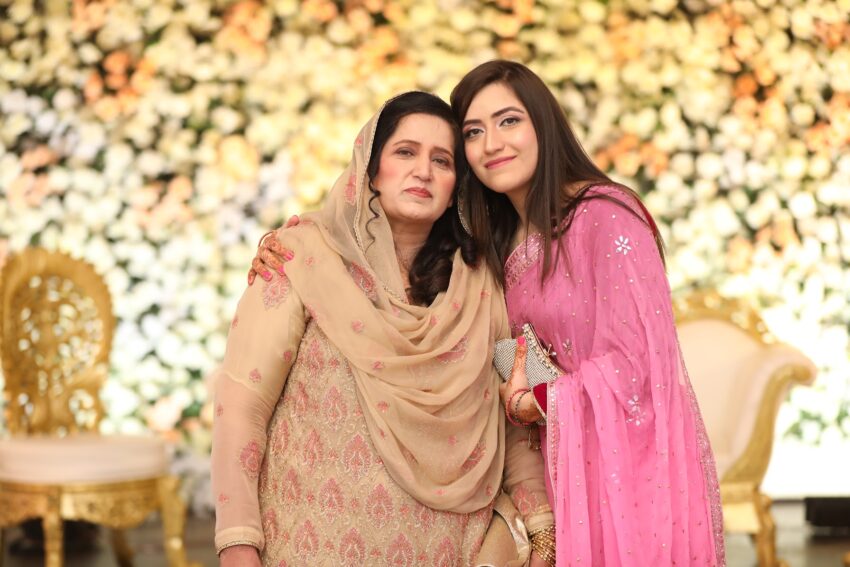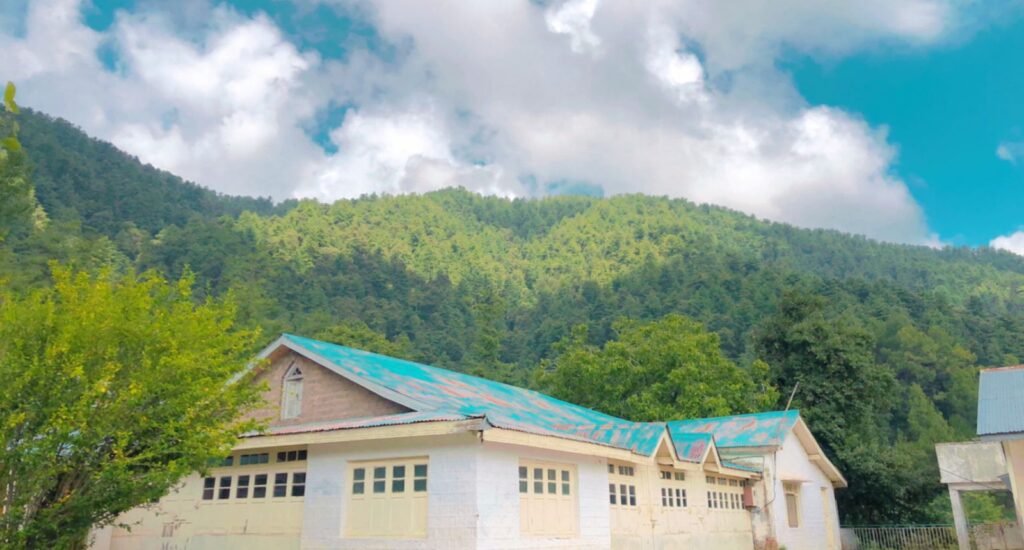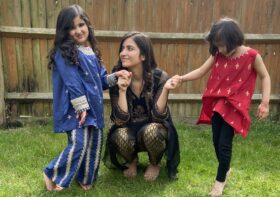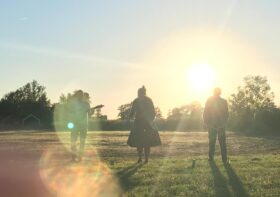Why my grandfather educated my mother when no one else was sending their daughters to school in his village?

How did my mother’s education contribute to my own, siblings, and cousins’ access to opportunities today?
My mom grew up in a beautiful village in Murree in the 70s. The area is full of lush green pine trees with many small villages scattered around the mountains. I have spent a lot of my summer vacations in Murree, which is only a couple of hours’ drive from Islamabad (where I grew up).
When I was in Pakistan last year, I asked my mum about her childhood, her earliest memory, hopes and dreams as a young girl, how she spent her time etc. Then, while talking about her school days, I asked my mom why my grandfather sent her to school during the conversation.
Don’t get me wrong; it wasn’t a time of suppression or extremism. Women were well respected and looked after, but there was a strict definition of gender roles; men were providers, and women were homemakers. With those gender roles, people didn’t set women’s education as the highest priority. However, women were commonly educated in religion, i.e., how to read the Quran, offer prayers, and daily religious practices. So I was curious what my grandfather and other people thought at the time about education.
My mother told me that my grandfather had a cousin. His wife was an educated woman and a disruptive thinker. They were the first to send their daughters to school in their village, though it wasn’t typical or expected. Despite girls’ education not being a norm, they took their daughters’ education seriously. Their home was far from school, so their family moved home within Murree to be closer to the school. Even though not many people were educating their daughters, they made significant life changes to give access to education to their girls.
My grandfather was influenced and inspired by his cousin and saw him as a role model. So my grandfather decided to send his daughters to school (my mom and her older sister Sabiha).

If you have been to any village or small town across Asia or even Europe, you would know that there is a strong sense of community, and almost everyone knows everyone. It was the same in Murree; unsolicited advice was common, and group conformity was the standard. So naturally, it wasn’t always easy for my grandfather (or for his cousin); initially, people challenged him and asked him the purpose of educating his daughters when they have to be homemakers eventually. Nonetheless, my grandfather put up with that resistance from his community.
As a result, my mother and aunt finished school and college and gained multiple diplomas relevant to the market. Soon after, other people started sending their daughters to school as well. After all, my grandfather was a role model to many people in the village. But, most importantly, getting an education for my mother’s younger sisters and cousins became the new normal. Consequently, for myself, my siblings and cousins, education wasn’t something we had to seek permission for.
This is the story of why my grandfather educated his daughters. And how my mother’s education has paved the way for my education. Upon reflecting, here are my key takeaways/lessons from this story:
Good role models make your way easier and give you the courage to move forward in life boldly. In my grandfather’s case, his cousin growing up in the same village as him, thought differently from everyone else about girls’ education. That inspired my grandfather to think differently and gave him the courage to follow that different way of thinking.
Relateable people are role models; those who come from the same place, look like us (the reason we are so excited to have Kamala Khan as a new Marvel superhero) or have gone through similar struggles. Find good role models and be a good one yourself.
We all stand on a mountain of good choices our ancestors made. This story reminds me that I stand on a mountain built by my parents, grandparents and ancestors—a mountain built with courage and good choices. And all my ancestors contributed to growing the size of that mountain.
Do you know what standing on top of that mountain means? It means the opportunities available to me, my siblings and my cousins. I don’t take it for granted that my grandparents educated my parents. Their courage, sacrifices, and good values made me who I am today.
Ask more questions to gain perspective on how far you have come within 1-2 generations. Be curious, ask your parents and grandparents why they went to school? Was girls’ education typical in their families? Could your grandmother read and write? Who was the first person to get a university degree in your family? Who was the first woman to build a corporate career?
These questions would give you perspective on how far you have come within a couple of generations. And then look around, and be grateful for the privileges you have.
However, the most important lesson I have learned is to be grateful for my mother’s journey and ground myself in knowing that I am a culmination of experiences of all my ancestors.


